Your login information returned multiple users. Please select the user you would like to log in as and re-type in your password.
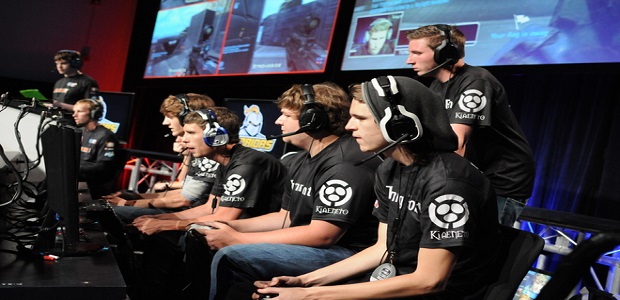
The term “Professional Gamer” seems to be popping up more and more as eSports continues to rise in popularity around the world. There's quite a diverse number of mental images that come to mind when one hears that phrase mentioned, but what does it really mean? Gamers have been competing with each other through games ever since the inception of video games, but tournaments on a more global scale didn't come around until 1997 with the Professional Gaming League and Cyberathlete Professional League.
Predictably enough, these venues started with Starcraft and maintained a focus on PC gaming tournaments for as long as these two organizations existed. PGL never made it beyond 1998, but CPL continued to grow in viewership, attendance, and, of course, prize pools. By 2005, the CPL had the capability to host a 1v1 Painkiller tournament with a $1 million prize pool. All throughout the 2000's, these tournaments continued to be held by various organizations worldwide, the most well known of these being MLG. With the ease of game streaming and a growing interest in eSports by the media (most notably ESPN and NBC), gaming as a career is becoming more and more widespread. To most, it would seem like a dream job which, of course, means everyone wants in on the action.
As eSports and gaming as a career continues to grow, quite a few misconceptions will crop up. Fans of eSports look up to the teams and players who take part in these tournaments and wish for nothing else but to emulate them. Some realize how unstable playing a video game as a career would be, whereas others would eagerly jump ship from High School or College to pursue this dream of being able to play games all day and get payed for it. It should be no surprise that most viewers of eSports are teenagers and young adults who will some day face the eventual reality of finding a job, if they haven't already, and you'll be hard pressed to find someone enthusiastic about going in to work retail or a desk job. No, instead these gamers look to eSports as their escape from the “typical” jobs and careers out there.
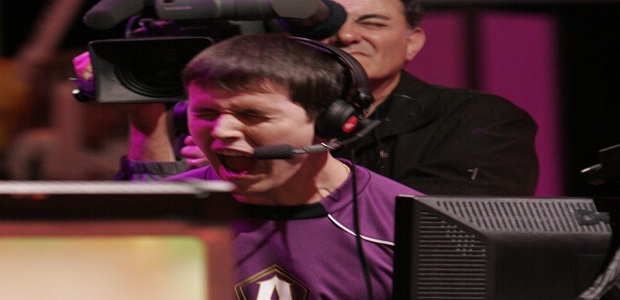
Like the viewers, the players themselves are often young adults as well. Quite a few of these professional gamers never attended college or dropped out to focus on their gaming career. As such, you'll quite rarely ever hear one say, “No! Don't drop out of school! Finish your education first in case things don't work out.” Rather than try to tell their fans to finish their education first, they'll say to start marketing themselves while in school. Most professional gamers gained their popularity from Youtube or TwitchTV and only even became noticeable to the public because they streamed games and made videos that were entertaining. It would seem, as with most careers, being able to sell yourself is just as important, if not more so, than just being skilled at what you do.
The prospect of professional gaming, especially at the cost of not perusing an education, can be a rough concept for most parents to accept. Rightfully, most families are skeptical when their child says they want to play video games for their entire life and make money doing so. Professional gaming is still a very new career concept and, who knows, it may not even be around by the next decade, but gamers are determined regardless. Stories of professional gamers/teams and their realtionships with their families actually vary quite a bit. There are stories of parents fully supporting their child's decision and backing them every step of the way. Some parents even take an active role and help manage the professional teams or even start playing the game themselves to get a better understanding to coach their child. Unfortunately, there are also stories from the other end of the spectrum dealing with families that do not approve of professional gaming. Some players just have to deal with their parents being belligerent towards them for not “having a real job” while other players are just outright thrown out of their houses. The biggest tragedy here is players and teams going on to be successful, win tournaments, or make tons of money without their families ever knowing of their success because they cut off all communication.
So, yes, professional gaming is certainly not all sunshine and rainbows. “Now, hold on a second,” someone may be thinking, “they still get payed to just sit around and play video games all day. How hard could it really be?” Well, think about it. The more one practices at a game, the better they become. Oh, we're not just talking about an hour or two a day. The eSports competitors sit down and play one game, just one, for upwards of 6-8 hours a day. There are very limited time frames where these players will have time to do, well, anything outside of eating, sleeping, and playing that one game over and over. That's not to say all pro gamers are lazy as that may imply. Many do, in fact, adhere to the “ a healthy mind, is a healthy body” ideal and will find time to hit the gym or exercise on a regular basis. Almost everything they do throughout the day is to help them get better at that one game they have chosen to devote all of their time to.
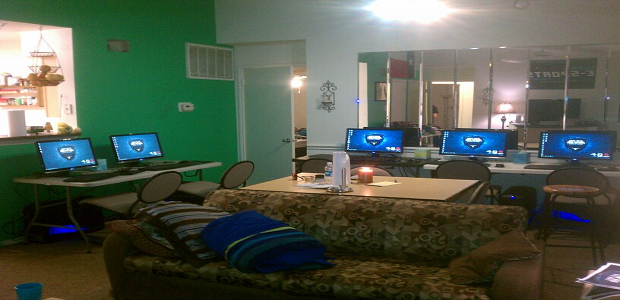
Team based games require a bit more devotion from the eSports gamers; however. On top of everything listed above, professional gaming teams will try to come together into what is known as a Gaming House. As the name implies, it is a house or condominium that houses the entire team so they can all practice in the same room and, in a sense, form a better team cohesion. These gamers are able to pool together their ad revenue and sponsorship money to afford these living conditions and further push aside the worry or need for part time jobs or some form of external revenue.
With all of that said, professional gaming and Gaming Houses need not only apply to those who regularly attend tournaments or even play competitive games for that matter. While fewer in number, there are gamers who can afford to live comfortably on their own solely through broadcasting games and Youtube videos. These gamers are usually payed by a company and still have sponsors, but there isn't a need for playing one game every day of your life if you just have the personality to entertain people. One of the more notable example of this would be The Creatures, a group of Youtubers working under Machinima that have leased out a house to use as an office and residence for a few of their members. This group never gets into the eSports scene at all; they just play whatever game they want and get payed by Machinima to do so.
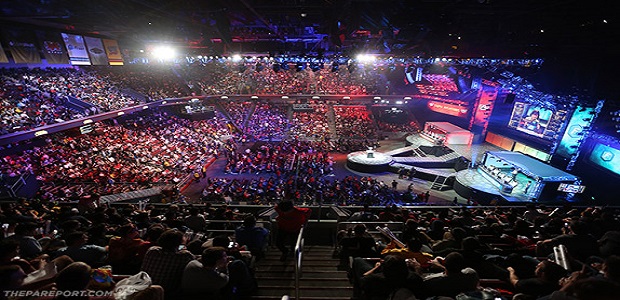
If there's one thing to take from all of this, it's that personality counts for a lot. You could be the best damn Pac-Man player out there, but if you stream it and you're boring to watch, no one is going to notice you. You won't get contracts, you won't get sponsorships, you'll just be sitting there playing Pac-Man and getting nothing out of it. eSports are certainly not the be all, end all of professional gaming. It is definitely the focus of attention and those players certainly would be more stable financially, but even those players would be nowhere if they just weren't fun to watch. Whether your goal is to someday be on a stage with thousands of cheering fans or just chill in an apartment editing Lets Plays all day, the advice really remains the same: have an entertaining personality, be able to market yourself to sponsors and companies, and being fully committed are the most important aspects of professional gaming.
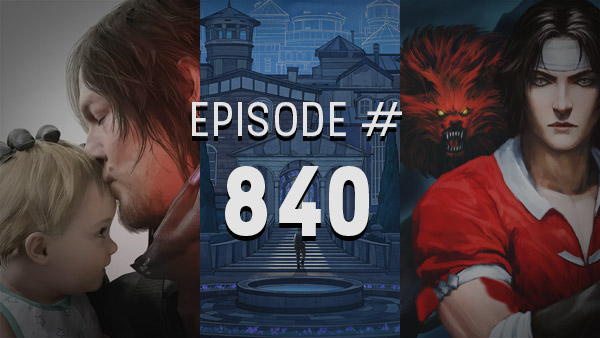
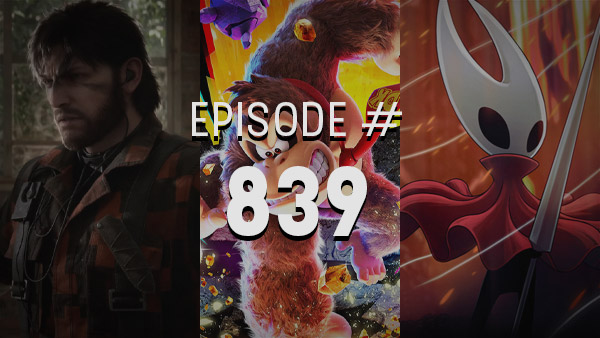
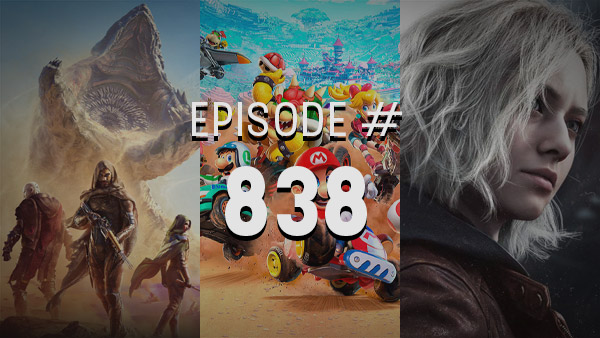
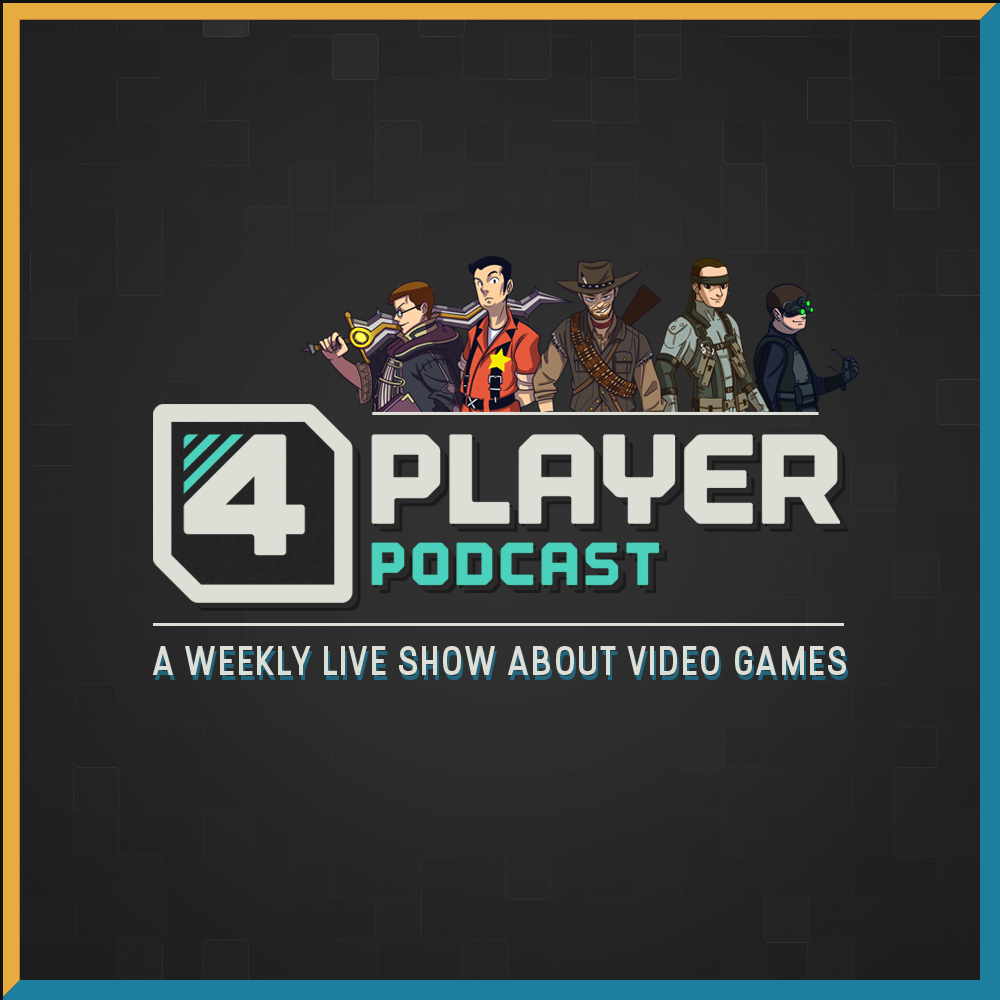
Comments
12 years, 2 months ago
I disagree about the part where you say 'you need a personality or you wont get noticed'. I was the founder of a team who had sponsors. We just won tournaments and played good and the sponsors came knocking. We didn't stream or do youtube. The only vids or streams of us shown were ones that happened in tournaments we played. The same thing happened to all the other teams on that game. If you play good matches and the game is popular then people will watch. If the game isn't popular then good luck getting anywhere as a personality alone wont get you noticed.
12 years, 2 months ago
I am an amateur pro gamer.
12 years, 2 months ago
As much as I love video games I can't ever see myself doing it as a profession, it would take away the fun factor of playing games.
12 years, 2 months ago
Having heard countless game outlets and journalists say "we need esports reporters" I see a potential career for you at virtually any video game news outlet. Pun intended?
10 years, 8 months ago
I love gaming so much. It is my life. I can sit and play from the time I wake up until the time to go to sleep. Everyday of life. I want this so badly, I have a family so that may be difficult to accommodate!